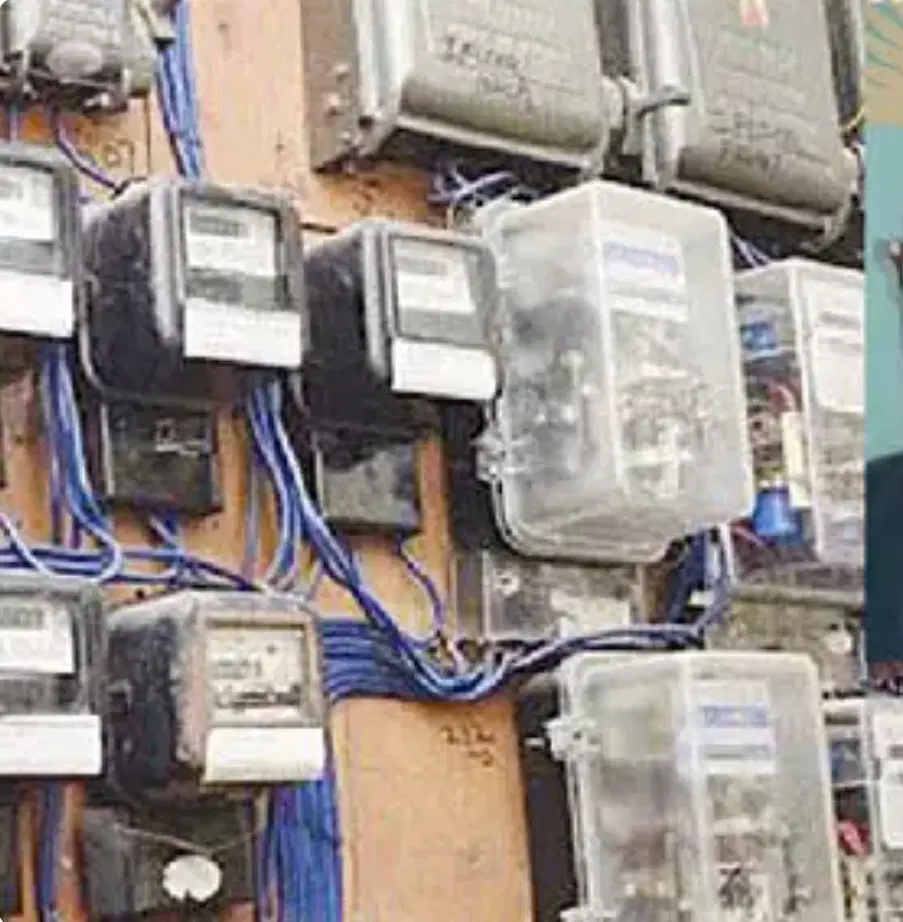The National Bureau of Statistics (NBS) has revealed that 85.2 percent of households connected to the national grid in Nigeria are on estimated billing, while only 14.8 percent utilize prepaid billing. This data was disclosed by Prince Adeyemi Adeniran, the Statistician General of the Federation and CEO of NBS, during the presentation of the Nigeria Residential Energy Demand-Side Survey (NREDSS) 2024 Report in Abuja.
Key Findings from the Survey
- Monthly Expenditure on Electricity: The average monthly expenditure for households on electricity was estimated at ₦4,155.8.
- Connection to the National Grid: Over 58 percent of households are connected to the national grid across the nine states surveyed, with 86.6 percent reporting access to electricity during the reference period.
- Collaborative Initiative: The survey was a joint effort involving NBS, the Ministry of Power, the Energy Commission of Nigeria (ECN), the International Energy Agency (IEA), and the European Union (EU). Its purpose was to assess and estimate energy demand in the residential sector for 2024.
Insights and Implications
Prince Adeniran emphasized the importance of this survey amid ongoing discussions regarding energy demand, usage, and pricing in Nigeria. The insights derived from the report are intended to serve policymakers, energy operators, and the general public as they navigate the complexities of the energy sector.
Access to reliable and affordable energy is underscored as a fundamental human right and essential for economic growth. The residential sector, which includes homes and informal businesses, is a significant energy consumer. Understanding the energy consumption patterns, trends, and challenges within this sector is vital for developing effective policies to address Nigeria’s energy needs.
Additional Highlights from the Survey
- Fuelwood Usage: Approximately 41 percent of households reported purchasing fuelwood, with 39.0 percent cutting or collecting it themselves. Only 18.9 percent utilized alternative means such as barter or gifts.
- Sources of Fuelwood: More than half (55.3 percent) of the fuelwood collected was branches, stems, and trees, with an estimated 67.8 percent of households using fuelwood for various purposes, including domestic and agricultural activities.
- Charcoal Usage: One in every five households (22.0 percent) used charcoal, with 21.6 percent purchasing it. A minimal number produced it themselves or acquired it through other means.
The NBS report provides valuable data on Nigeria’s residential energy consumption patterns, highlighting the need for comprehensive policies that enhance energy accessibility, affordability, and efficiency. As the country grapples with energy-related challenges, these insights are crucial for informing strategic planning and ensuring sustainable energy development.

